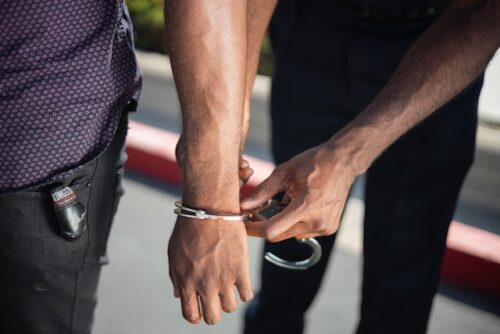
For there to be justice, everyone needs to be accountable for what they do. However, sometimes additional information can provide important context for why people do what they do. To ignore relevant information would be to invite injustice in another form. Therefore, if someone commits a criminal act but their understanding and perception are altered by the presence of a mental illness, the justice system may treat that person differently from someone who fully comprehended the harmful actions they took and meant to cause harm. Even so, it can be difficult to succeed on an insanity defense. Read on to learn what an insanity defense is and how a Bergen County criminal defense lawyer can help you when mental health difficulties tragically contribute to you being charged with a crime.
The M’Naghten Test for an Insanity Affirmative Defense
It is illegal for a defendant to stand trial if they are not capable of understanding what is happening due to mental health considerations. Legally, such a defendant cannot be convicted of a crime. In these circumstances, the insanity defense can be used, so long as your lawyer can prove the required elements of the defense.
The currently used standard for an insanity defense arises from an 1843 English criminal case, where the defendant M’Naghten had killed the prime minister’s secretary. The defendant experienced paranoid delusions that Catholic priests and Tories were threatening him, and so he said he believed that he needed to kill the Prime Minister. M’Naghten was acquitted on his insanity plea, but would be institutionalized for the rest of his life.
The Queen of England later requested that the English House of Lords comment on the case. Discussions in the House of Lords led to the development of what we now know as the M’Naghten Rule: everyone is presumed to be sane, and before an insanity plea can be accepted, counsel must prove that the defendant
- Did not understand the nature of the crime, or
- Could not tell right from wrong when they did the crime.
To be culpable, a defendant must know what they’re doing when they commit the alleged crime, and someone dealing with mental illness might not understand that.
An insanity plea is, in New Jersey, an affirmative defense. When a person uses an affirmative defense, they are acknowledging that they committed the prohibited action, but depending on which affirmative defense they use, they will argue there is additional information that makes it unjust to punish them for the action they did.
With insanity pleas, the M’Naghten Test will be performed to determine if the defendant is insane under the law. The court will examine the defendant and their actions to see if they understood what they were doing or had awareness of the difference between right and wrong.